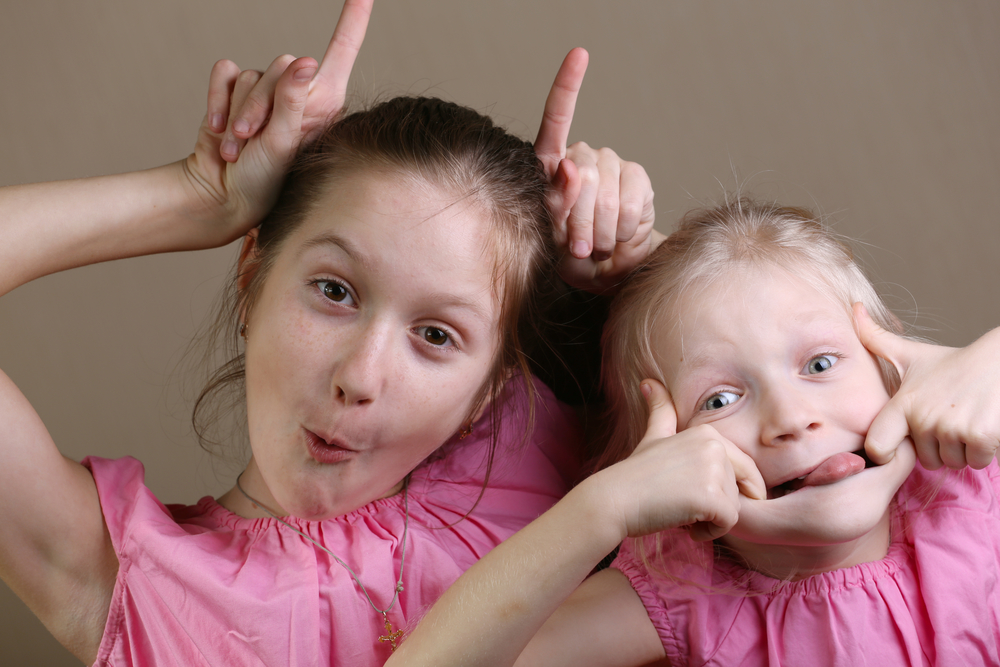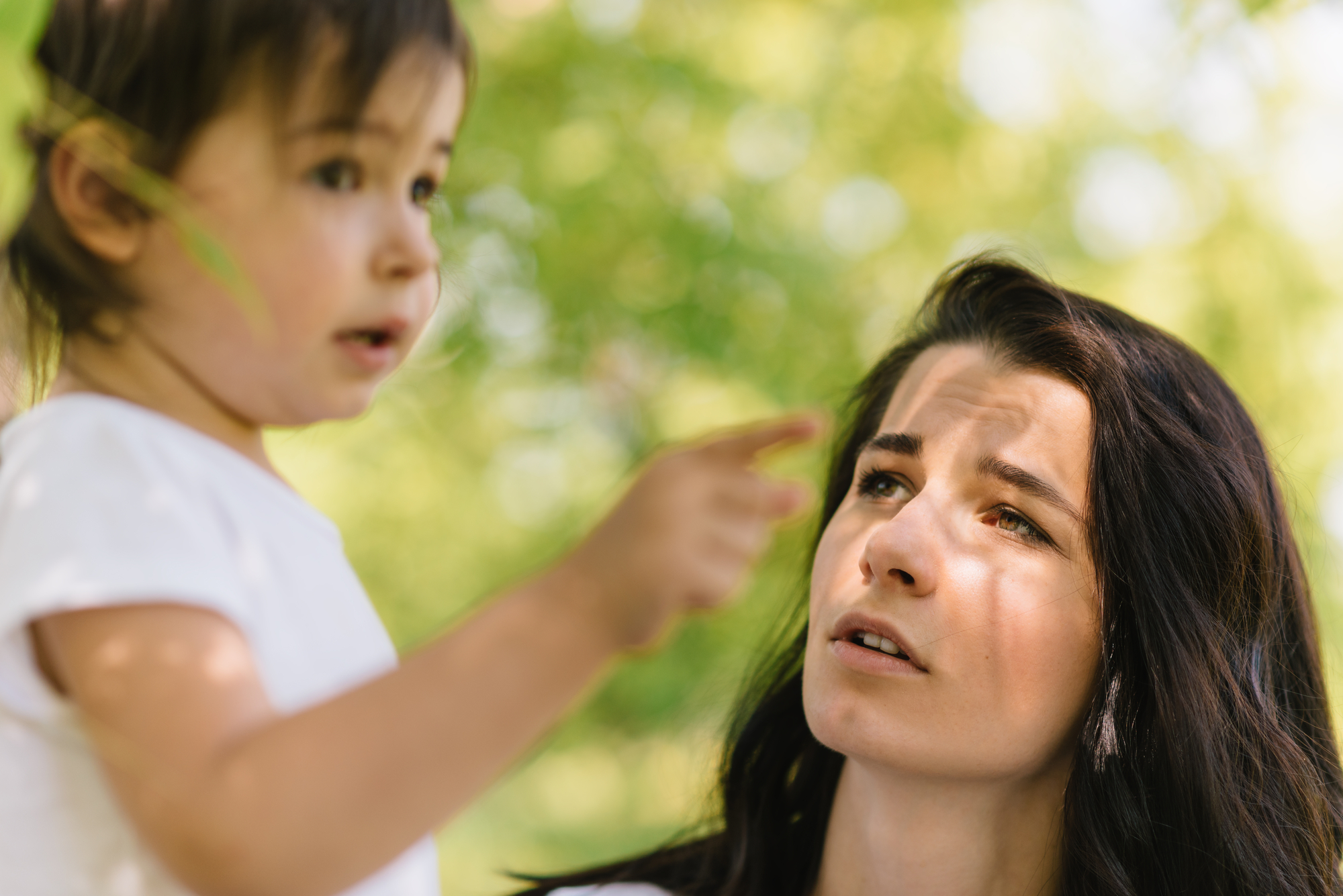Raising a teenager is not easy. And to make it worse, lockdowns and COVID have put that task on steroids! When your child starts moving into the teen years their world is thrown upside down; their body suddenly changes, they feel all sorts of intense and conflicting emotions and they realise their parents are no longer funny and definitely not cool. Your teen also needs to deal with the expectations of high school, social media and peer groups.
Enter COVID and lockdowns to this phase and what do we see? An explosion in mental health issues for teenagers, including depression, anxiety and self-harm. All have been well documented, but what hasn’t been talked about so much is a lower grade effect on the functioning of transitioning teens.
I call it Failing To Launch or Losing Your Mojo. Think about March 2020: A month into the school year, students suddenly stopped congregating en masse at school and were told to stay home. They retreated into their bedrooms, hugely escalated their screen time, stopped exercising and snacked more.
In areas with recurrent lockdowns, students bounced in and out of a wholly unnatural lifestyle – the Covid control measures were necessary but painful.
Being adaptable and creative beings, the teenager’s natural habitat morphed into a sanctuary, with screens becoming the primary, sometimes even sole, an avenue for learning, socialising and recreation.
Our Year 7’s of 2020 had a really tough time: no new school, no entry into adolescence, no school camp. I’m seeing a long tail of kids suffering from “fail to launch”. They’re having real trouble adjusting to the pace of mid-high school. Some simply haven’t left their bedrooms. Higher numbers than ever just can’t get up in the morning. Many have fatigue, tummy aches or a headache which comes on halfway through the day, and some need a nap as soon as they get home.
Similarly, quite a few older high school kids have lost their mojo. This looks a lot like failure to launch, with the added features of not regaining their previously established active external life. They feel more comfortable meeting their friends in socials or multiplayer games. Sport is so much harder – and when they return to sport, they’re getting injured through deconditioning. Teenage ennui seems to be sadder and deeper right now.
Our teens are out of practice – their teenage social, physical, spiritual and educational muscles have weakened (or never formed).
So, what can you do? Here are some of my top tips to help you navigate this tricky time with your teen.
- Understand and agree on a goal. Your teen needs to set his or her own goals – otherwise, you’ll just be a nag.
- Start low, go slow. Bursting back into anything sets them up for exhaustion or injury.
- Be consistent. And persistent.
- Pick the good things – may be life pre-covid was too busy?
- Sleep! Slowly wind back the late-night/sleep in rhythm.
- Balance actual and virtual life. Virtual life is still OK.
- Be kind to yourself and to them. It’s been really hard.
Remember, any transition is a tough and risky time for humans – being born, starting a new job, leaving home and ageing – but most of all, adolescence.
Associate Professor Sandy Hopper, a Paediatric Emergency Medicine Physician, is the Chief Medical Officer and co-founder of KidsDocOnCall, a 24/7 national children’s medical telehealth service. He is also an Associate Professor of Paediatrics at the University of Melbourne. The dad of two teenage boys understands the stresses of parenthood and is driven to help Australian children lead their happiest and healthiest lives. Find out more at kidsdoconcall.com.au or download the app.







